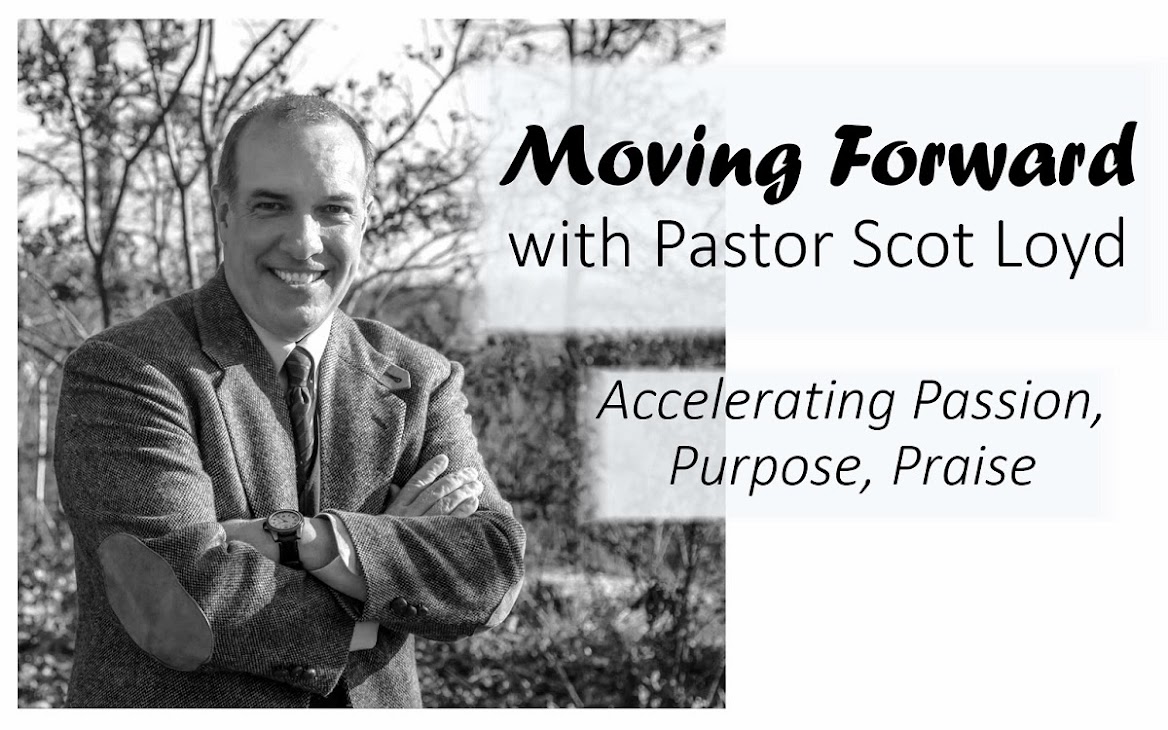The final phrase in the “The Lord’s Prayer” includes these
words, “Lead us not into temptation, but deliver us from evil”. In the world in
which we live there are many sources of temptation, but the greatest source of
temptation may not be outside of us, but rather inside of us. Jesus told the
religious leaders of His day, “It is not what goes into the mouth that defiles
a person, but what comes out of the mouth, this defiles a person.” (Matthew
15:11) The Bible reveals that our hearts are the source of all kinds of
wickedness. So when we pray “Lead us not into temptation, but deliver us from
evil”, we are praying for deliverance from both external and internal sources
of temptation that the evil one uses to ensnare us. Because Christ encourages
us to pray for deliverance we can be confident that He will indeed deliver us!
Deliverance is a theme throughout the Scriptures, God delivered the nation of
Israel out of bondage, He delivered the three Hebrew children from the fiery
furnace and He continues to deliver His people today! Are you in need of
deliverance? Trust in Jesus for whatever you need today and know that He is a
faithful God!
1. Is
there a specific need that you have today? Does it include specific
deliverance?
2. How
has this study of the “Lord’s Prayer” helped your own prayer life?




